外国人材調査のためJA中央会と共同し県内JAを訪問
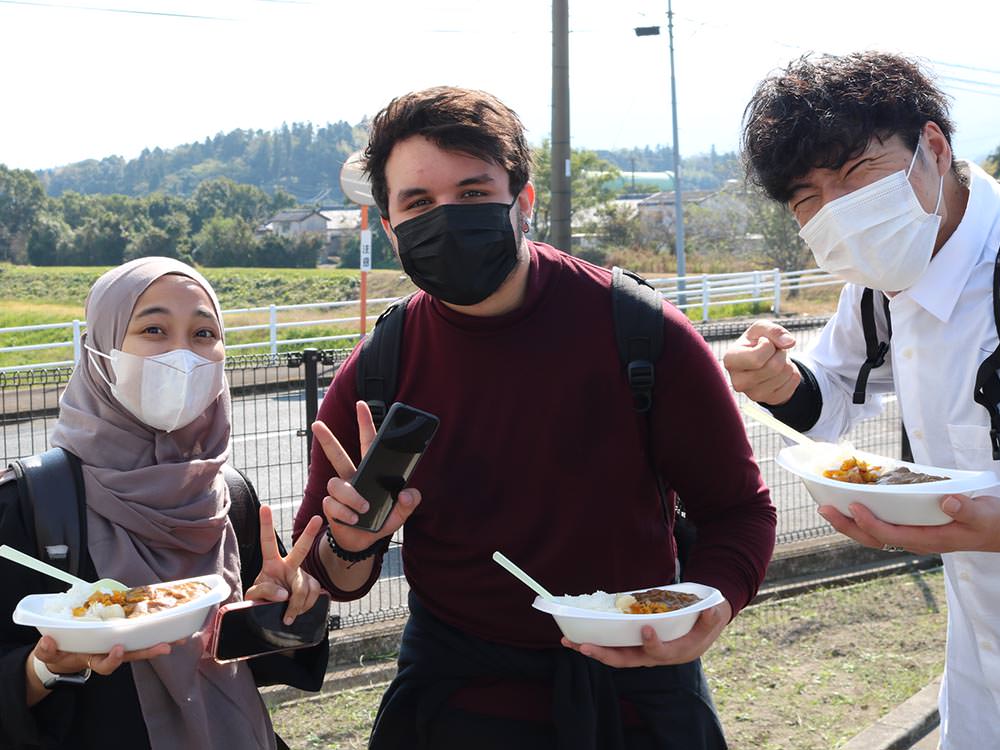
地域社会コース酒井ゼミでは、7月26日にJAあおぞら、8月23日にJAそおかごしま、11月9日にJA鹿児島いずみ、11月10日にJA鹿児島きもつきを訪問し、外国人材の地域での生活状況や日本語教育に関する調査を実施しました。
(酒井ゼミは2021年8月よりJA鹿児島県中央会と共同研究「農業分野ならびに製造業関連で働く外国人技能実習生の地域での生活状況並びに日本語教育に関する調査」に取り組んでいます。)
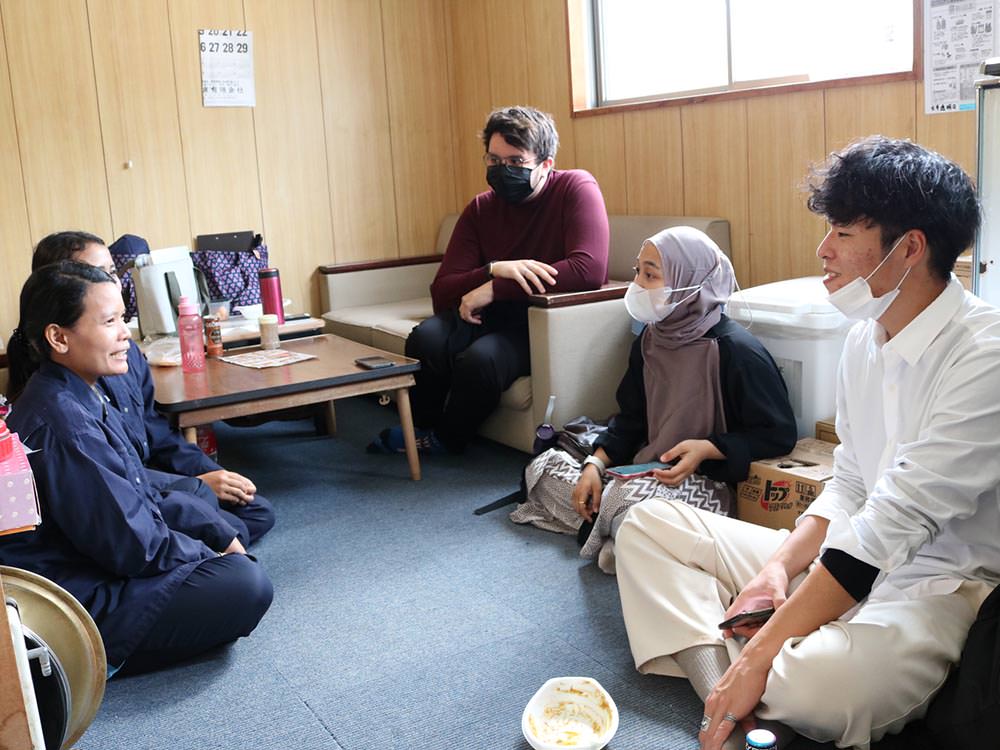
調査に参加した学生からは以下のような感想が寄せられました。
学生A
JAの職員の皆さんやベトナムからの技能実習生のお話を聞いて印象に残っていることは、両者の関係が非常に良いところです。今までに実習生がいじめられていたというニュースや「地域住民との交流が極めて少ない」という話を耳にすることもありました。しかし、実際にリアルな意見を聞くことができ、歩み寄ろうとしている人たちもいることを知れたのでお話が聞けて良かったと思いました。
そしてJAからの支援も充実しており、ベトナム出身だからと日本の気候に対応できるように支援をしていたり、頻繁に食事会などを開催したりしているのも素敵だと思いました。確かに最初は女性ばかりでお互いに戸惑うこともあったと思いますが、やさしい日本語で歩み寄ろうとし続けることが大切だと感じました。
学生の感想を聞いていて、技能実習生の受け入れの制度について何も知らなかったという意見に強く共感しました。昨年の夏、自動車免許をとるというフィリピンからの技能実習生と出会いお話をしていたことがあるのですが、もっと知識があれば、もう少しお話しができたのかなと思いました。今回、お話をきいたり資料をいただいたりしたので、技能実習生の受け入れ制度や農業について、さらに学んでみようと思いました。
また、管理会社が良かったのだと聞いたので他の会社もいくつか見てみましたが、日本に入国してからの研修期間が一週間前後のところもありました。そこに比べると、入国後約一か月にわたって日本の文化や習慣についての講習があるアジアアグリ協同組合は充実しているように思いました。しかしアジアアグリ協同組合を含めて複数の組合が、47都道府県すべてに対応しているわけではないと記載してあったので驚きました。
最後に、今回のJAへの訪問全体を通して反省した点についてです。事前に質問を考えていくだけではなく、その疑問が会話の中で解消されたときのためにも“お話を聞く→内容整理→深堀したい点・疑問点の整理”といった思考回路ができるように練習していかないといけないと思いました。移動中や帰宅後に疑問点を見つけても遅いのだと強く感じました。また、自信をもって話しかけられる程度の英語能力を身につけたいと思いました。「失敗してもいいからとりあえず話しかけてみる」というハードルでも高く感じてしまうのでそのハードルを大幅に下げるためにも、英語で会話ができるという自信が持てる程度には英語ができるように勉強をしないといけないなと思いました。
学生B
午後の職員の方々を交えた技能実習生と特定技能1号取得者へのインタビューでは、職員の方々の受け入れ体制について詳しく知るこ とができた。月に2・3回程度実習生の居住施設を訪れ、 食事会を行ったり、古着や誕生日プレゼントを渡したりしていた。 職場以外でも交流し、実習生の本音を把握する取組は重要だと思っ た。また、職員の方々が実習生と話す際、ゆっくり話したり、簡単 な単語を使っていたりしており、彼らが理解しやすいように工夫し ている点が印象に残った。このような素晴らしい取組を可視化する ため、今後の調査も頑張ろうと思った。
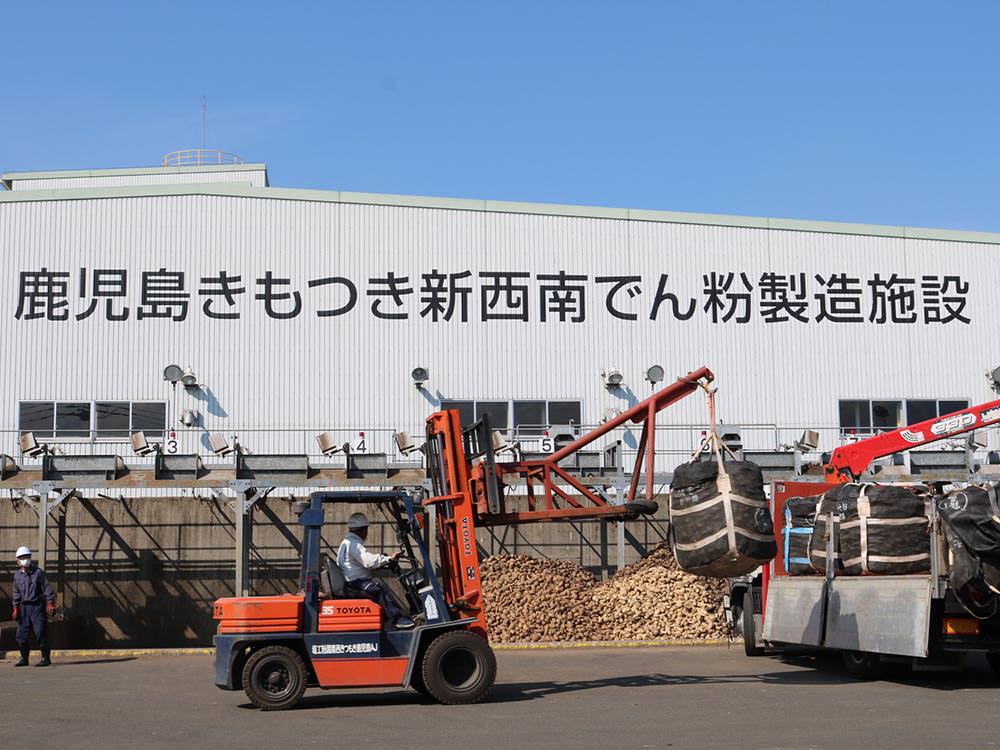
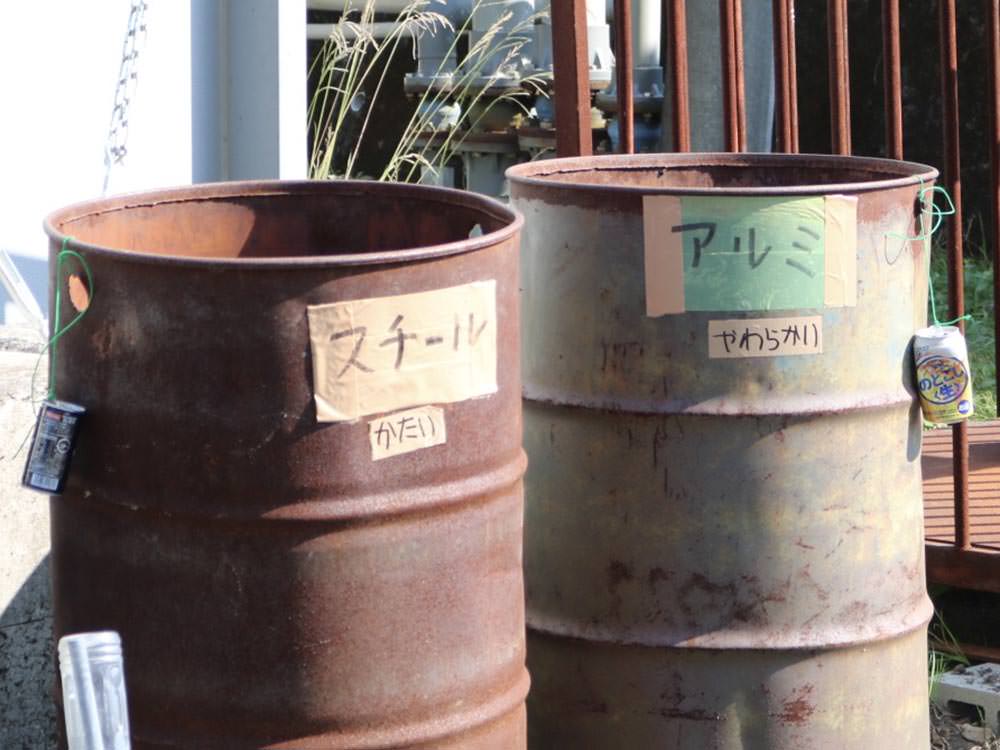
学生C
In this essay, I will not review too much about issues in the agricultural sector because the basic conditions are same as JA A before, but I will try to explain about the experience of data collection and try to compare the data collection process at JA A with JAB.Previously at JA A, the data collection process was carried out in a formal FGD(Focus Group Discussion) and the object of the interview had been determined and prepared by JA. But at JA B, we randomly talk casually (informally) with workers while taking breaks and having lunch with them without any special forum for interviews. Of course, these two processes can both be used as a research approach, we only need to consider the situation and purpose of the data.
While at JA A, the interview process was very well done in terms of time, question content, and restricted topics. Finally, data can be obtained efficient in time and effectively answer the context of the question. However, this condition maybe not really to be able can make the interviewed workers unable to freely answer or convey their feelings.
Whereas at JA B, the interview process was difficult to control over time, the question content was not structured and the topics of discussion with the research object were not extended. However, situations like this made the foreign workers we interviewed more relaxed in answering, thereby providing more in-depth answers. And the more interesting part is that we can feel the working atmosphere in their factory, this experience allows us to know more deeply the feelings of the workers.It is important to use both approaches in obtaining social data like this, be it through an informal process such as at JA B (because the issue raised is ‘the human’ worker (so researchers need to know the real conditions in the field), such as at JA A to get answers that are more focused on the system carried out by JA A and comprehensive answers from workers. Besides that, the two situations of this research process can be a comparison of the answers obtained during
the FGD and the answers obtained during direct interviews in the field.Apart from the different data collection situations, I caught different responses from workers between JA A and JA B. Workers at JA A enjoy their social life more in their work environment and where they live, while workers at JA B are not very able to give a response that reflects, they enjoy social life in their work environment and where they live. Of course, this is very much influenced by the length of time they experience living in that environment; besides that it might be influenced by their field of work. Workers at JA A work in the fields (outdoors) so they can get more opportunities to interact with local residents and get to know their environment better from outdoors, directly see the habits of local residents in interacting and how they’re treating their environment. While workers at JA B are factory workers (indoor) they don’t get the opportunity to socialize with local people like workers at JA A.
This condition made me realize that there needs to be a different treatment and approach specifically for workers at JA B in order to foster a sense of comfort from a social aspect. And this is also based on answers from workers when we asked about “do they want to participate in social activities outside the work environment?” they answered in unison that they really wanted to do that. Likewise with aspects of Japanese language skills, they really need it.
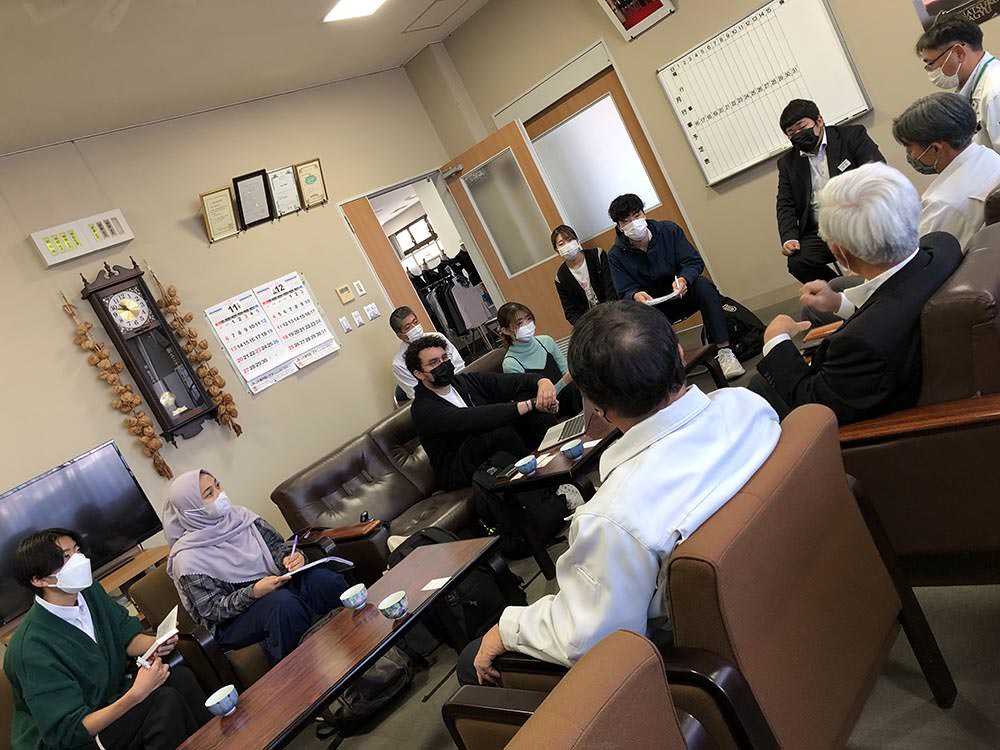
学生D
今まで農業に直接かかわる機会がなく、今回のお話を伺いに行くことにもなんとなく参加した。お話を聞いていく中で、農業の人手不足、そのために若者に農作業を手伝ってほしいことや、技能実習生の力が必要不可欠になっている農業の今を肌で感じることができた。大学生に農作業を手伝ってほしいということに関して、大学生である私たちが何かできるのではないかと思った。
また、実際に技能実習生の話を聞いて、農業に対する熱い思いがあることが分かった。私はこれまで技能実習生と聞いたら、出稼ぎにきているイメージだった。しかし、二人の技能実習生の話を聞いたら、本当に農業に関心があって技術を学ぶために日本にきているという思いがひしひしと伝わってきた。一部でお話されていたように、研修だけで終わらず、発展的になっているのかなと感じた。
全体を通して、技能実習生はこれからの農業に必要不可欠な存在であることが理解できた。また、住民とのトラブルという点でもあまり起こっていないという現状であるということだった。住民の方は技能実習生を受け入れるとなったときにどのように思ったのか、今では技能実習生に対してどのように思っているのかが気になった。